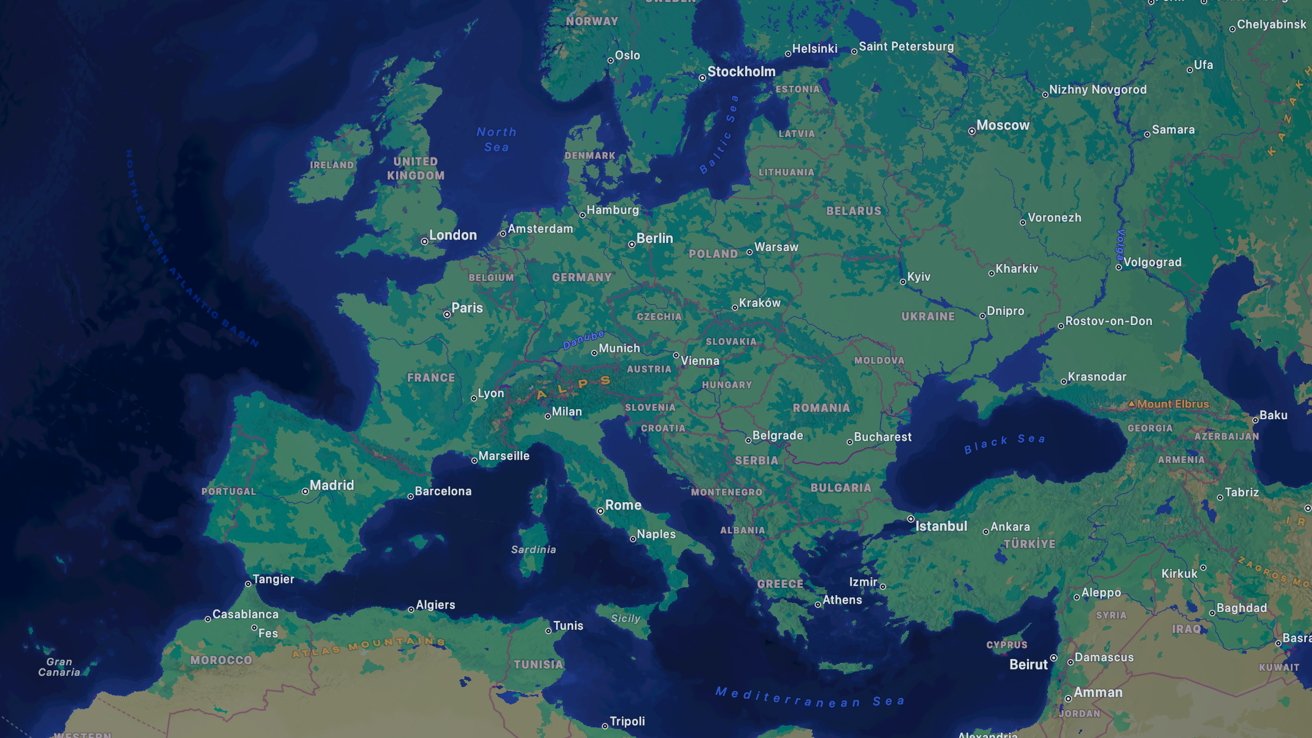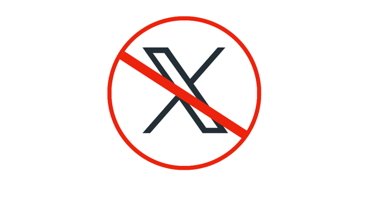Alternative app marketplaces won't work outside of the EU
A combination of on-device geolocation checks and Apple ID restrictions stop alternative app marketplaces from working outside of the EU — even preventing app updates.
Apple was forced to comply with the European Union's Digital Markets Act by allowing alternative app marketplaces to install apps from outside the App Store. However, Apple treats this as a potential security threat and has locked down the system to a great extent some have called malicious compliance.
A support document first discovered by 9to5Mac explains how the company is handling policing alternative marketplace availability. The feature is only available in the EU and Apple has ensured that it won't work elsewhere.
There are two systems in place that will keep alternative app stores in the EU. The Apple ID must be set to a country in the EU and the user must be physically located in the EU.
Restricting alternative app marketplaces based on Apple ID region prevents users from casually traveling to the EU and installing one. It doesn't take much effort to work around this, but it is enough to stop most average iPhone users from doing it on a whim.
Apple also uses an on-device location check that can't be circumvented by VPNs. The user's location isn't sent to Apple, but an indicator of eligibility is.
That means curious users can't create an Apple ID, set it to Germany, and disguise their location using a VPN to install alternative marketplaces.
Traveling to the EU won't work either, at least for long. There is a short-term travel allowance if EU users go outside of the geolocation boundary, but it isn't forever.
After a grace period some features will stop working, like installing alternative app marketplaces. Apps that have already been installed will still work, but won't be able to get updates.
Apple released iOS 17.4 earlier on Tuesday with the changes and APIs to support developers creating alternative app marketplaces in the EU. The features surrounding alternative app marketplaces are unlikely to be released anywhere else without regulation pressure.
 Wesley Hilliard
Wesley Hilliard














 Amber Neely
Amber Neely
 Thomas Sibilly
Thomas Sibilly
 AppleInsider Staff
AppleInsider Staff
 William Gallagher
William Gallagher
 Malcolm Owen
Malcolm Owen
 Christine McKee
Christine McKee










18 Comments
Apple keeps poking the bear and then wonders why the bear is chasing them.
On device VPN apps may not circumvent this, but a router-based VPN should, as the traffic being sent to and from the iPhone will masked at the router level, so the iPhone shouldn't be any the wiser.
Thank goodness for brexit